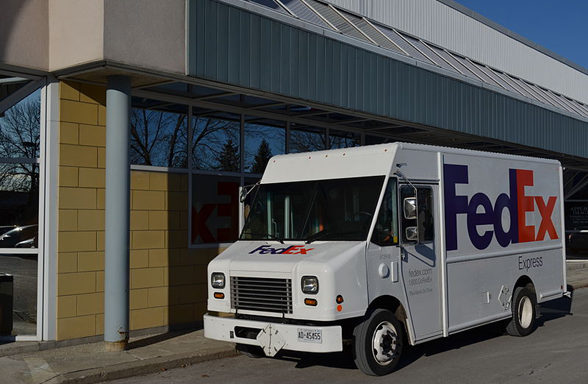$4.8 billion in cash. That’s how much it will take for FedEx to acquire Dutch delivery service TNT and gets its ground game going in over 40 European countries.
Already working with a rather respectable air-express delivery system, the U.S. shipping company is hoping to capitalize on the rise and consistent growth of the e-commerce industry by obtaining TNT’s already well-established door-to-door delivery network, which includes 550 hubs and depots.
“We believe that this strategic acquisition will add significant value for FedEx shareowners, team members and customers around the globe,” says Frederick W. Smith, Chairman and CEO of FedEx Corp. in a joint statement about the absorption. “This transaction allows us to quickly broaden our portfolio of international transportation solutions to take advantage of market trends – especially the continuing growth of global e-commerce – and positions FedEx for greater long-term profitable growth.”
Essentially, instead of setting up shop on their own, which would cost the company way more than $4.8 billion, they’re buying up TNT’s ordinary shares at ‚¬8 – or $8.70 – a piece in a move that has unanimous support from the TNT Express board and saw its shares rise to more than 30% after the announcement. (FedEx stock, on the other hand, remained steady.)
“While we did not solicit an acquisition,” states Tex Gunning, CEO of TNT Express in that same news release, “we truly believe that FedEx’s proposal, both from a financial and a non-financial view, is good news for all stakeholders.”
However, even with such positive support and a self-ascribed “high level of deal certainty,” there are still hoops to jump through and hurdles to overcome. Just ask UPS, whose year-long agreement to acquire TNT for much more than what FedEx is offering – $7 billion to be exact – unraveled before their eyes in early 2013 thanks to EU regulators who saw it to be a conflict of competitive interest.
FedEx feels strongly though that this won’t happen to them.
“FedEx and TNT Express are confident that FedEx will secure all relevant completion approvals as soon as practicable,” the joint press release reads. They cite the “strengths of competitors in relevant markets” as a reason why they’ll inevitably avoid a similar fate.
According to the Wall Street Journal, they’re making “timely progress” and are planning to submit, for approval, their offer to Netherlands regulators before the Dutch deadline of June 30th. But, even then, they have to await approval and receive antitrust clearance in China, Brazil and the United States.
We’ll see, by early 2016, if the deal actually gets done.

